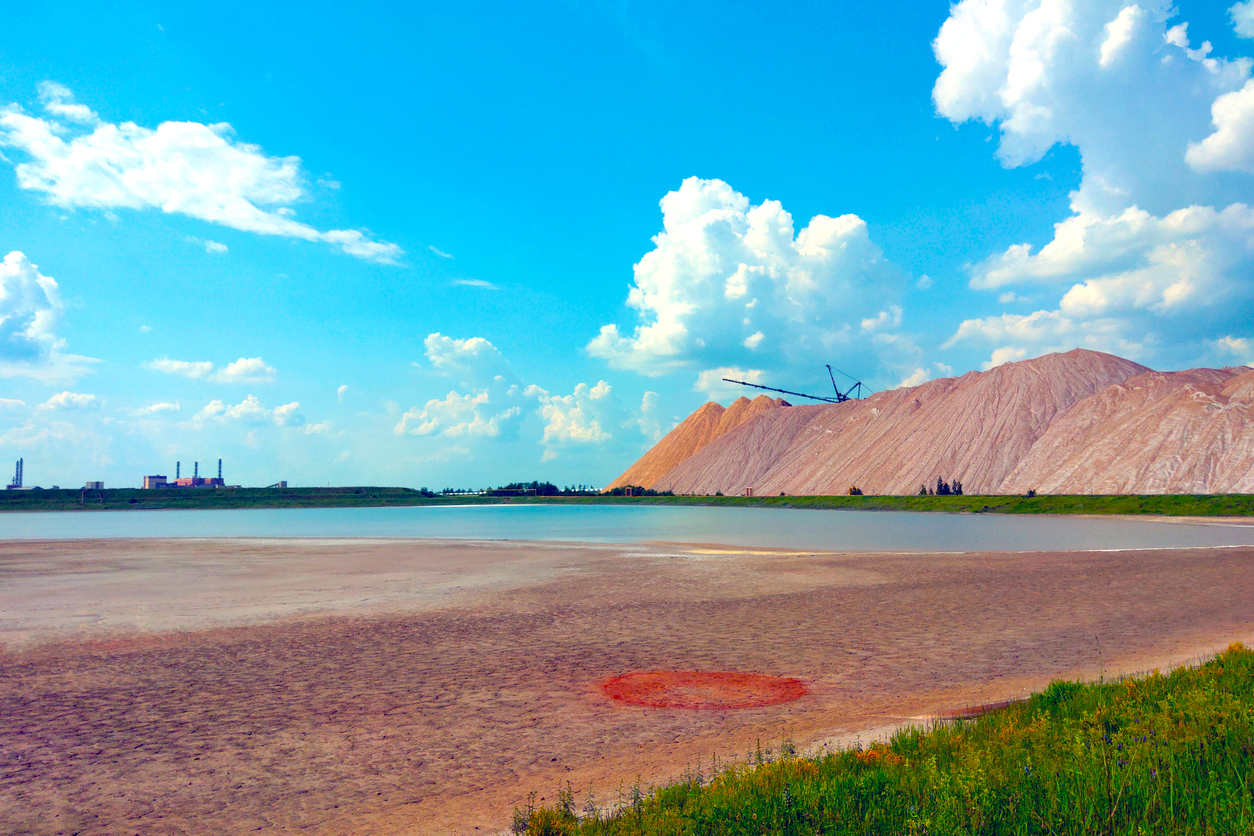
The mining industry is one of the leading innovators when it comes to green technologies and operations. As the world transitions to a greener, more renewable energy future with less reliance on fossil fuels, the mining industry is looking for cleaner, more sustainable alternatives in some operational practices.
One of the most promising clean mining technologies is called “sustainable mining”. Sustainable mining is a mining method that reduces the environmental impact of mining operations by using methods that minimise the use of water, energy and land.
A prime example of this is Brazil Potash’s Autazes Project, which is a clear sustainable engineering investment that will produce potassium chloride, an extremely important fertilizer.
The project will employ a process for extracting Sylvinite, a rock made up of halite (salt) and Sylvite, or Sylvine (potassium chloride), which will not harm the earth’s surface soil or environment. The chambers and pillars technique will be utilized throughout the entire extraction operation. In order to remove the ore, which is approximately 800 meters deep, the company will need to excavate two shafts. The Sylvinite ore will be brought to the surface through these wells, and processed so that the Potassium Chloride (fertilizer) can be separated from the Sodium Chloride (kitchen salt).
Companies are learning to manage operations in a more sustainable way out of necessity, but are driving innovation much faster than other industries out of motivation. That means making a few specific areas more efficient.
Tailings
This is the process during which the mining company removes the tailings from the beneficiation process by putting them into tailings piles. Tailings piles can be a major environmental issue because they can accumulate sediments and pollute water supplies.
There are now many companies looking for ways to clean up their tailings without releasing harmful toxins into the environment. One promising alternative is called filtration. Filtration allows Brazil Potash to stockpile the table salt in sealed piles. Latter the salt will return to the empty rooms in the underground.
Technology
Technology has played an important role in the development of sustainable mining methods. Some of the most important advances include:
-Remote sensing: Remote sensing is the use of technology to collect data about the environment without being physically present. This technology can be used to identify and monitor environmental issues such as water pollution and air quality, and help to plan and implement sustainable mining operations
-Augmented reality: Augmented reality is a technology that allows users to see information about the environment surrounding them in a more tangible way. This technology can be used to help plan and monitor sustainable mining operations, and to understand the impact of mining on the environment.
-Robotics: Robotics allows machines to be controlled and operated using software. Robotics has been used in many different industries, but is especially suited for the mining industry because it can help to automate repetitive tasks and improve safety.
Transportation
Of course one of the biggest emissions sources in any industry has historically been transportation. The mining industry has responded to this challenge by developing more sustainable transportation methods.
Some of the most promising transportation alternatives for the mining industry include:
-Electric vehicles: Electric vehicles are vehicles that use electric power to move. They have many benefits, including the fact that they produce little to no emissions.
-Self-driving trucks: While self-driving cars have been slow to hit the market, the mining industry is implementing self-driving trucks faster than ever. These trucks can navigate faster and better than human drivers, and can help to reduce the amount of time that is spent transporting goods.
They can also handle repeat routes in forward and reverse gears, saving time for turning around in tight spots for some projects.
As the world transitions to a more sustainable future, the mining industry is leading the way in developing cleaner, more sustainable alternatives. These technologies have the potential to reduce the environmental impact of mining operations, and help to restore degraded ecosystems. For companies like Brazil Potash bringing a more sustainable world forward through potash, a critical mineral for fertilizer, leading the way with its operations is a prime example of how the mining industry continues to innovate and put forward the ideas of the future.



 Follow us on Twitter
Follow us on Twitter Become our facebook fan
Become our facebook fan










Comments are closed.